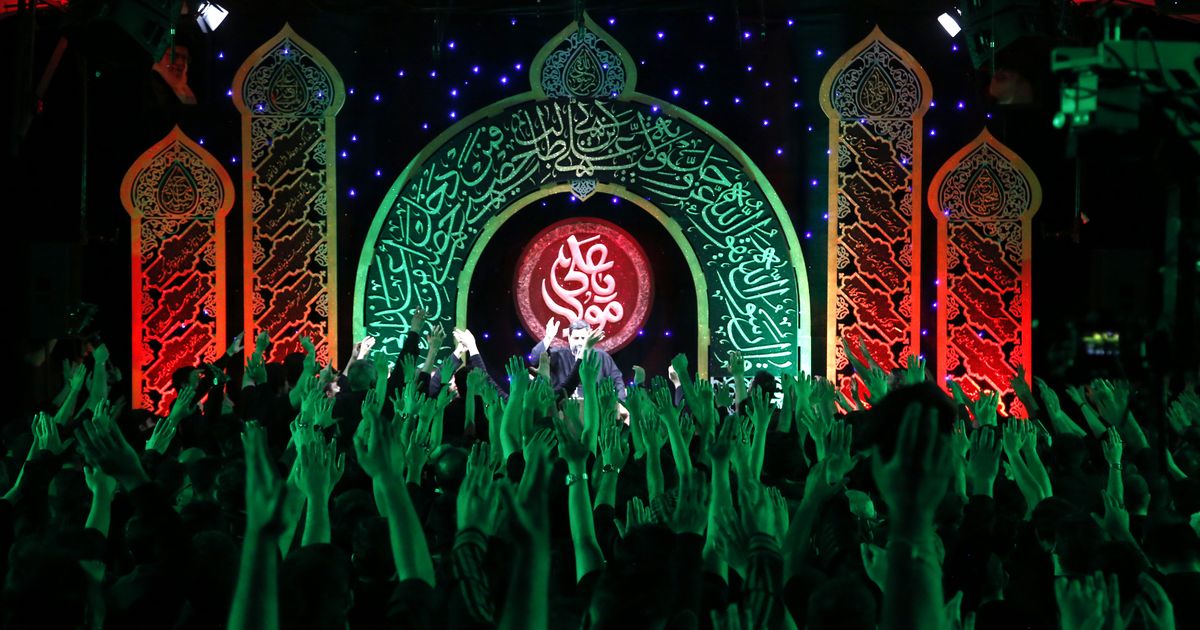The clocks move to British Summer Time at the end of March at the same point as the changeover from Ramadan to Eid ul Fitr
Millions of UK households who are observing Ramadan and getting ready for the celebrations of Eid ul Fitr are being warned to take into account the UK clock change.
The clocks go forward by an hour as we move to British Summer Time at the end of March.
This comes right on the transition from Ramadan to the next month, Shawwal, which begins with the Eid festivities.
READ MORE
The clock change, which comes at 1am on Sunday, March 30, will cause a sudden shift in the Ramadan timetable worshippers must follow for prayers and meals.
Those who began Ramadan on March 1 will be awaiting news of a moonsighting announcement on Saturday, March 29. This will mean Ramadan ends that night or the next night and Eid is therefore set to be either on March 30 or 31.
Alternatively, those who began Ramadan a day later on March 2 will be looking for the crescent of the new moon on Sunday, March 30. With moon visibility being highly likely, Ramadan is expected to end that night, with Eid ul Fitr on March 31.
For anyone still observing Ramadan on Sunday, March 30, the one-hour jump in sunrise and sunset times will also see timings for prayers and meals adjusted accordingly.
According to Stechford Mosque in Albert Road, Birmingham, the effect of the clock changes on the timetable will mean that on March 30, the pre-fasting, early morning meal of suhoor or sehri must end by 5.30am and the post-fasting, evening meal of iftar will be at 7.41am. The five daily prayers that day will be Fajr at 5.45am, Zuhr at 1.13pm, Asr at 5.35pm, Maghrib at 7.41pm and Isha at 8.56pm.
For those continuing their Ramadan schedule until the end of March 31, suhoor or sehri must end by 5.27am and iftar will be at 7.43am. The five daily prayers will be Fajr at 5.45am, Zuhr at 1.13pm, Asr at 5.37pm, Maghrib at 7.43pm and Isha at 8.56pm.
Similar timings are in place at other mosques, including Green Lane Masjid and Community Centre in Birmingham, which organises the city’s huge public Eid gatherings.
People taking part in the Eid celebrations, which will be either on March 30 or 31, will also need to remember that prayer times are moving forward by an hour from what they were during Ramadan.
Some worshippers may be caught out by the one-hour jump as the daily timetable usually only advances by a minute or two each day to follow sunrise and sunset. Islamic months are based on the moon’s cycle with each day running from sunset to sunset.
After the clocks change, sunrise and sunset are an hour later than usual, making mornings darker and nights lighter.
Computers, laptops, tablets and phones usually update the time automatically but for other clocks, it means going around the house altering them by hand.
Worshippers could end up getting to mosques an hour too late for prayers and meals if they forget to follow the new times.
Get breaking news on BirminghamLive WhatsApp. Join our dedicated community for the most up-to-date news from across the city.
You can also sign up for our Brummie Muslims newsletter for the latest updates on Ramadan, Eid and key dates throughout the Islamic calendar.


